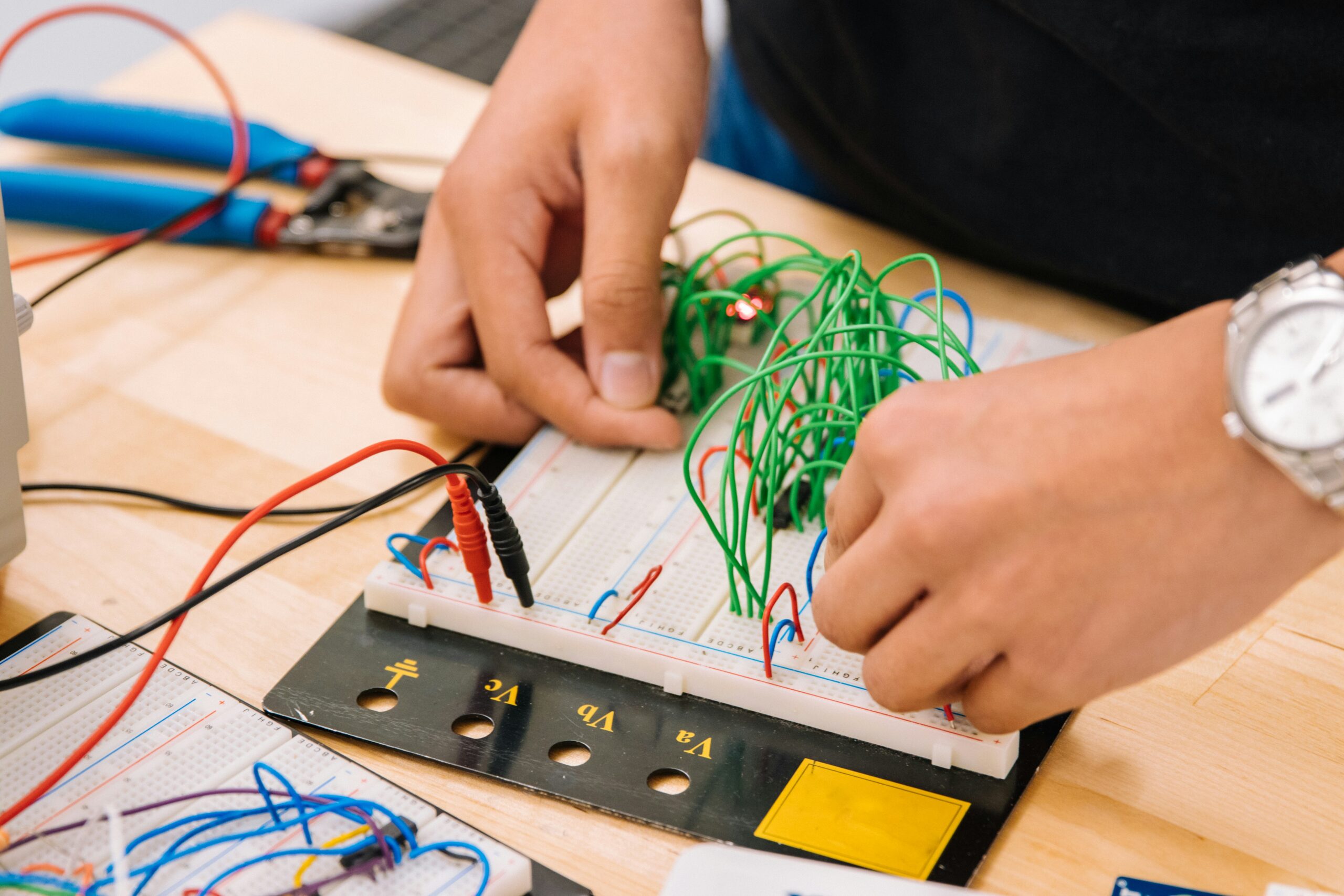Empowering Future Generations: The Importance of Science Education for Women Worldwide

The Role of Science in Modern Society
Science plays a pivotal role in shaping modern society, influencing various sectors through innovative advancements. Its contributions extend across healthcare, environmental sustainability, and technology, each benefiting from rigorous scientific inquiry and research. For instance, in healthcare, the development of vaccines and advanced medical treatments has significantly improved life expectancy and quality of life. Such advancements not only mitigate disease but also empower individuals to lead healthier lives, showcasing the critical intersection between science and human well-being.
The environment also reaps the benefits of scientific exploration. Through studies on climate change, renewable energy, and biodiversity, science aids society in developing sustainable practices necessary for preserving our planet. Innovative solutions such as solar energy and electric vehicles are a direct result of scientific research aimed at reducing carbon footprints and addressing environmental challenges. As such, the informed populace is essential to understanding and engaging with these complex issues, ensuring that these scientific solutions become integral to daily life.
Moreover, technology stands as a testament to the transformative power of science. Advances in artificial intelligence, data analytics, and communication technologies have revolutionized how we work, communicate, and entertain ourselves. These innovations create new opportunities for economic growth and societal progress while also introducing challenges that require careful thought and consideration. Thus, science education plays a crucial role in equipping individuals with the knowledge and skills necessary to navigate these complexities and engage meaningfully with the evolving landscape of technology.
In light of these developments, the cultivation of a scientifically literate society is imperative. Science education serves not only to inspire the next generation of innovators but also to inform citizens about the implications of scientific advancements in their everyday lives. Through a robust understanding of scientific principles, future generations will be better equipped to address global challenges, advocate for sustainable practices, and appreciate the importance of science in driving societal progress.
Barriers to Science Education for Women
Women aspiring to pursue science education often encounter a multitude of barriers that hinder their progress and limit their opportunities. Cultural barriers play a significant role, as societal norms and stereotypes often dictate the roles of women, influencing their access to education and career choices in science, technology, engineering, and mathematics (STEM) fields. In many cultures, traditional beliefs posit that science is a male-dominated domain, leading to the discouragement of young girls from pursuing interests in these areas. This notion perpetuates a cycle where women are underrepresented in STEM education and professions.
Economic barriers exacerbate the challenges faced by women seeking science education. In several regions, financial constraints prevent families from investing in girls’ education, prioritizing the education of male children instead. This gender disparity can lead to a lower participation rate of women in higher education institutes that offer science programs, limiting their potential for careers in these fields. Scholarships aimed at supporting women in STEM are gaining traction, yet they often remain insufficient to bridge the existing gap.
Institutional barriers also present significant obstacles. Many educational institutions lack adequate policies to support women, including mentorship programs and resources tailored to their needs. Additionally, prevailing biases within academic environments can deter women from pursuing advanced studies in science. The absence of female role models in STEM further compounds this issue, as aspiring scientists benefit from guidance and inspiration from those who have previously succeeded despite similar challenges.
The resilience demonstrated by women overcoming these obstacles is remarkable. Personal narratives reveal that, through sheer determination and support from networks advocating for gender equality in education, many women have successfully navigated these barriers. By addressing societal stereotypes and fostering supportive environments, we can encourage future generations of women to pursue science education, ultimately enriching the field with diverse perspectives and innovations.
The Impact of Educating Women in Science
Empowering women through science education has transformative effects that extend beyond individual growth to positively influence entire communities and societies. Education in science, technology, engineering, and mathematics (STEM) equips women with crucial skills that enhance their ability to contribute meaningfully to various sectors. Studies indicate that when women have access to quality science education, the benefits manifest in improved community health outcomes and economic productivity.
Research shows that educated women are more likely to make informed health decisions for themselves and their families. For instance, women with a science background often emphasize preventive healthcare, resulting in lower child mortality rates and improved family health. A report from the World Health Organization reveals that women with higher education levels are 1.5 times more likely to seek proper medical care during pregnancies, highlighting the direct correlation between educational attainment and health outcomes.
Moreover, the economic implications of investing in women’s science education are substantial. According to a McKinsey Global Institute report, closing gender gaps in labor force participation could add $28 trillion to global GDP by 2025. The inclusion of women in the STEM workforce not only drives innovation but also enhances problem-solving capacities within communities. Educated women contribute to critical decision-making processes, helping to tackle pressing challenges such as climate change and resource management.
Additionally, the positive effects of educated women in STEM proliferate across generations. When women are empowered with science education, they are more likely to prioritize education for their children, thereby establishing a cycle of educational achievement that uplifts future generations. This cascading effect highlights the importance of sustained investment in women’s science education as a means of fostering societal development.
Global Initiatives and Programs Supporting Women in Science
Numerous global initiatives and programs are actively promoting science education for women and girls, recognizing the critical need to address gender disparities in this field. Organizations such as UNESCO, Girls Who Code, and Women in STEM are at the forefront of these efforts, implementing innovative strategies to enhance access and participation rates for females in scientific disciplines. For instance, UNESCO’s “She Can STEM” campaign aims to engage young girls in science technology, engineering, and mathematics (STEM) through mentorship, workshops, and hands-on projects, resulting in significant increases in female enrollment in technical programs.
Another notable initiative is the “Techbridge Girls” program in the United States, which focuses on empowering girls from low-income communities through STEM education. By providing resources, mentoring, and experiential learning opportunities, this program has demonstrated a tangible impact on girls’ confidence and interest in pursuing careers in science and technology. Similarly, the “Women in Science” programs initiated in India have seen success in cultivating a supportive network for women, thereby enhancing retention and progression rates in scientific careers.
Collaborations between governments, non-governmental organizations (NGOs), and educational institutions are essential in developing sustainable solutions to bridge the gender gap. One promising example is the partnership between several global universities and local NGOs to create scholarship programs specifically for women pursuing STEM degrees. These collaborations not only provide financial assistance but also foster an environment that supports women through mentorship and community-building initiatives.
Individuals looking to support these vital programs can contribute through various avenues, such as volunteering, donating, or advocating for policies that promote gender equality in education. By promoting and participating in these global initiatives, we can collectively work towards empowering future generations of women in science, ensuring their presence and participation in shaping our technological and scientific future.






